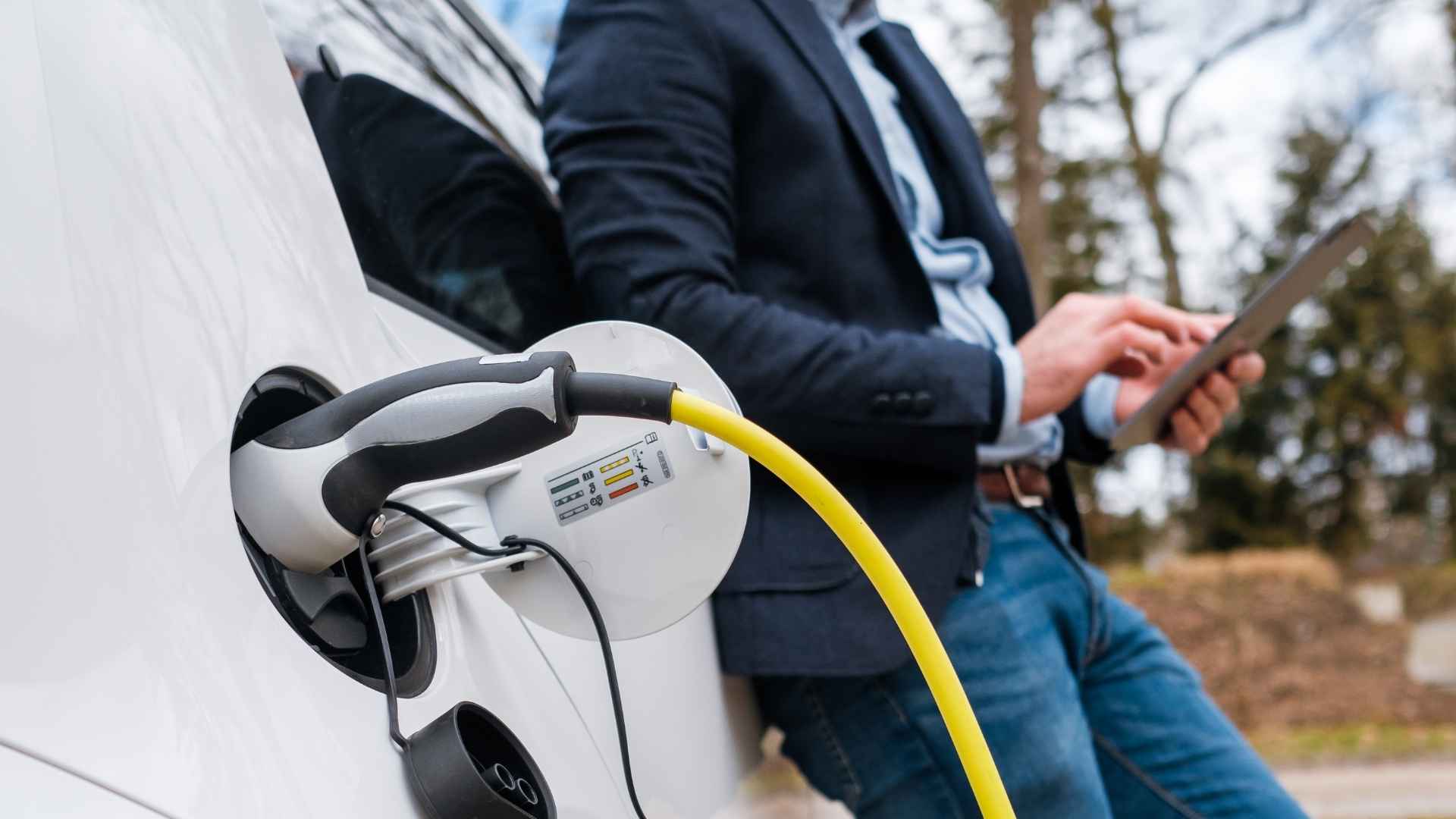Can you imagine a future where charging your electric vehicle is as straightforward and hassle-free as charging your smartphone? We're on the cusp of a major leap forward in technology that will revolutionize how we power our electric vehicles. Traditional charging methods will soon be a thing of the past, thanks to breakthroughs in electric vehicle charging software.
Just think – no more waiting around for your vehicle to charge, no more scheduling conflicts, and no more spiraling costs. Instead, let's journey into a world where sophisticated software ensures optimal charging efficiency. A world where harnessing renewable power is the norm, thanks to AI and smart grids. Despite a few bumps on the road to widespread adoption, the exciting future of electric vehicle charging software is nearly here.
This enlightening guide will provide you with insights on some of the most vital aspects of this blossoming sector. We will delve into the nuts and bolts of these software systems, give you a glimpse into the stunning features on the horizon, highlight the immense benefits and even unpack the challenges that this innovative technology faces. Ready to plug in and explore?
Understanding Electric Vehicle Charging Software
Electric vehicle (EV) charging software fundamentally changes the perspective of electric vehicle usage, bolstering convenience and efficiency. At its core, it's a solution that optimizes the EV charging process by intelligently distributing power, scheduling charging sessions, and helping users and operators manage their charging infrastructure.
This software essentially enables communication between the charging station and the electric vehicle, ensuring that the correct current is delivered safely and efficiently. This smooth operation has made it an indispensable tool in Israel's EV ecosystem, where examples like the Tel Aviv-based Driivz have flourished. Driivz, for instance, cleverly uses cloud-based software to simplify the process of EV charging for both end-users and operators – pointing to a more digitally sophisticated future for EV charging.
Moreover, it's worth mentioning that we will further delve into this subject in the 'Key Features of Future Electric Vehicle Charging Software' section of our discussion.
Key Features of Future Electric Vehicle Charging Software
Electric Vehicle (EV) charging software has continually evolved to incorporate essential aspects for user friendliness and functionality. At present, the software includes real-time monitoring of the charging process, remote access, and adaptability with several charge point operators.
Emerging Trends and Advancements
However, the future presents even more promising possibilities. One such advancement is the integration of Artificial Intelligence (AI) in EV charging software, which can help manage the charging process more efficiently by learning user habits and optimizing charging times.
Smart Grids
Another exciting development is the use of smart grids, which will allow the software to balance the power demand and supply effectively. This advancement could potentially drastically reduce charging times and even allow reverse charging, where the EV can supply power back to the grid if needed.
In conclusion, the key to successful EV charging software in the future lies in continuous innovation to improve efficiency and user experience, aspects we will discuss further in the benefits section.
Benefits of Adopting Electric Vehicle Charging Software
The benefits of utilizing electric vehicle charging software are manifold, extending beyond individuals and businesses to the environment. For electric vehicle (EV) owners, charging software offers a new level of convenience. It allows for the tracking and scheduling of charging sessions, optimizing the process to align with one's routine and the grid's off-peak hours.
Enhancing Accessibility and Cost Efficiency
From a financial perspective, using charging ev software can lead to substantial cost savings. It not only helps in avoiding peak tariff hours but also enables the efficient use of energy, thus reducing overall expenditure on electricity. As the charging infrastructure network expands across Israel, having the ability to locate and reserve charging stations can greatly enhance accessibility, an advantage particularly beneficial for EV fleet owners.
Fostering Sustainable Practices
The environmental implications cannot be overlooked either. Efficient EV charging backed by software promotes energy conservation, contributing to Israel's sustainability goals. Furthermore, positive user experiences and satisfaction rates heighten as a result of the seamless interface and enhanced control that charging software provides.
Challenges in Implementing Electric Vehicle Charging Software
The journey towards the full-scale adoption of electric vehicle (EV) charging software faces multiple challenges, many are unique to the evolving electric vehicle industry. Israel, as a case study, faces significant EV charging infrastructural requirements. Upgrading the power grid to handle widespread EV usage is not just complex, but an expensive one, involving tremendous investments.
Compatibility Issues and Standardization Challenges
Another potent challenge lies in ensuring compatibility and standardization across different EV charging software systems. Harmonizing the immense diversity in charging station hardware, vehicle types, and software systems can be a daunting task. This is closely linked to the challenges surrounding security and data privacy, often elevated due to the integration of artificial intelligence and other digital technologies in charging software.
Lastly, resistance to change is an universal barrier in progress, and the electric vehicle industry is not an exception. Despite the clear benefits of EV charging software, fostering extensive industry collaboration is vital to overcome this resistance and achieve full-scale software adoption.
